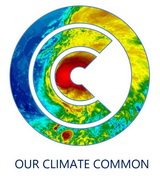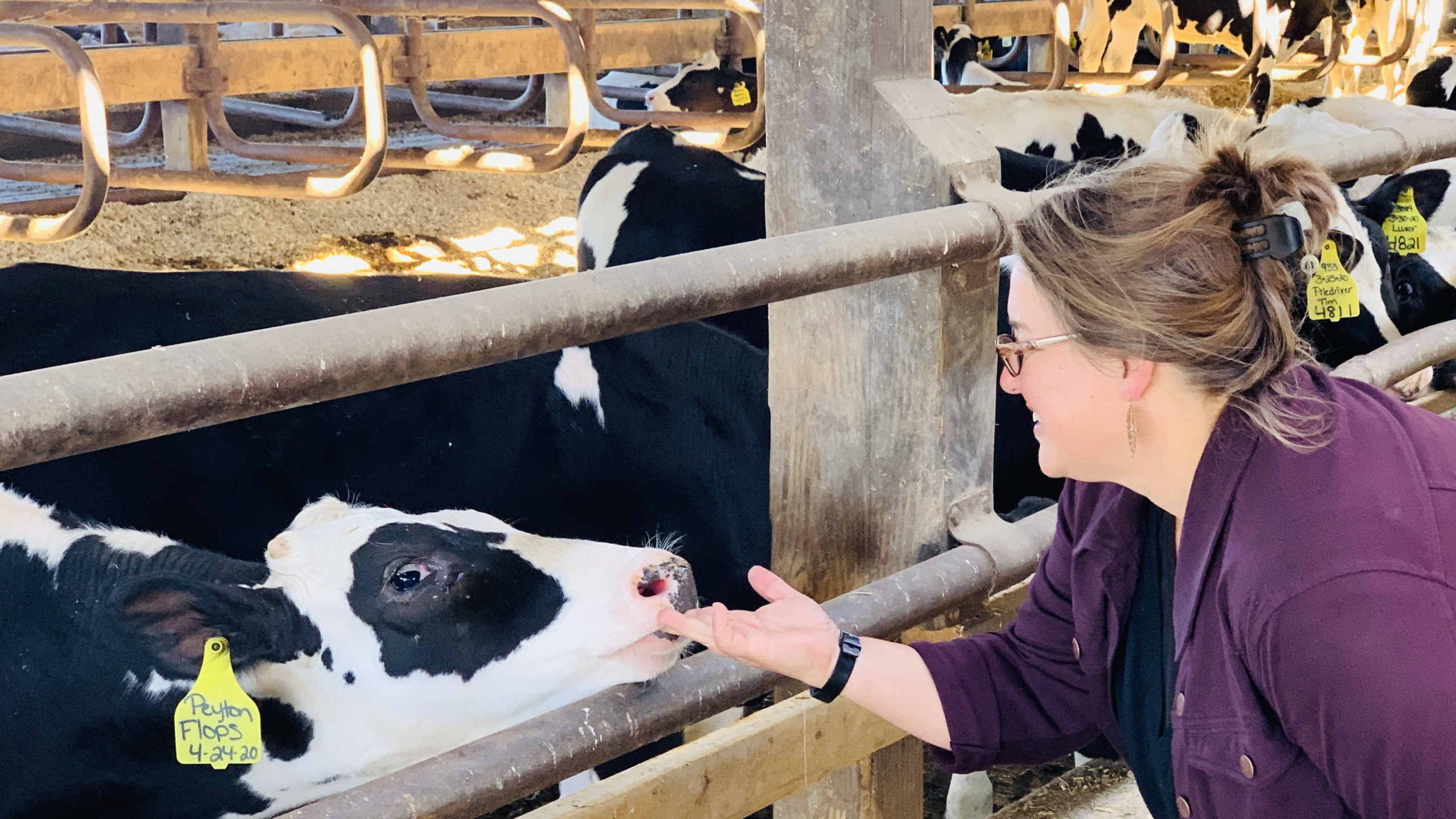THE CLIMATE COMMON- EPISODE 4
“The Deere Milkmaid”
by John Hagan
October 13, 2020
It’s unfortunate that climate change became politicized because, like Covid, climate change is agnostic about politics. Also, like Covid, climate change will affect some livelihoods more than others. For Covid, it’s the “essential workers.” For climate, farmers and fishermen are good examples.
Most farmers are rural Americans. They need a lot of open space to grow our food. Lots of land without many people, is by definition, rural. It’s no secret that rural Americans lean Republican, nor that Republicans generally take a different view on climate change than Democrats.
The Climate Common series is about exploring, and understanding, this difference, because in the end solving climate change will require Republicans and Democrats, rural and urban dwellers. Everyone. The longer we stay divided the longer it will be before we solve the problem. Physics and math, not politicians, tell us time is getting short.
Understanding rural attitudes about climate change was my motivation for interviewing Jenni Tilton-Flood of the Flood Brothers Farm in Clinton, Maine—Maine’s largest dairy farm with 3,400 cows. Jenni says her blood is green and yellow because she grew up selling John Deere tractor parts for her father’s business. She married her favorite customer.
Every time I do a Climate Common interview the light shines just a bit further down into the abyss. The hole is deep. But I can see the bottom now. A common refrain is that a segment of our citizenry—say, rural Americans—feel left out, ignored, or otherwise disrespected by those in power. Setting aside for the moment whether they are being disrespected, that they feel disrespected is all it takes to create the abyss. No one likes feeling disrespected. No one, of ANY cultural group. If we want broad public support for climate action, we’re going to have to address this issue.
During my interview, Jenni told me about a recent study by researchers at Duke University comparing rural and urban attitudes about the environment. Why do rural voters often oppose environmental regulations, including climate policy? The report shows that policy differences are not a function of how much rural voters care about the environment. Nor are differences a function of scientific literacy. Instead, they derive from being dictated to by others who do not understand their culture or their values. Could it be that rural and urban Americans basically care about the same things? Think about what that would mean, if true, about how much time we have lost only because we don’t understand one another.
Some of the results in the Duke survey might surprise you. 60% of rural respondents said they feel strongly that their “place” is an important part of who they are. Only 40% of urbanites felt strongly that “place” defines who they are. When asked about the personal importance of environmental and conservation issues, there was no difference between rural and urban attitudes.
So what’s stopping us from coming together on something important to everyone, especially farmers, like climate change? Many rural respondents felt that their actions to protect the environment were ignored by urban Americans. Jenni cited the same deep caring for the soil, the land, and the water by her fellow dairy farmers. In the Duke survey, farmers felt vilified by the environmental community when instead they believe they are on the front lines of caring for the environment. In fact, 63% of rural respondents thought they did a lot or a fair amount to conserve the environment, but only 47% urban/suburban respondents thought this of rural Americans. It’s easy to imagine why farmers might feel disrespected, not understood, and not appreciated.
This abyss didn’t form overnight, and it won’t go away tomorrow. But one thing I’ve learned from the Climate Common interviews is this—we’ve all got more in common than we know. We’re going to have to find new ways to know and respect one another, and trust one another, again. Trust is the solution to the climate problem. We have a relationship problem, not a science problem.
If you’re not sure where to start, start by listening to Jenni’s interview.
(click on image to watch interview)

